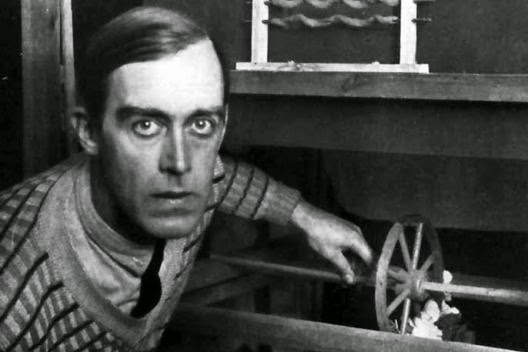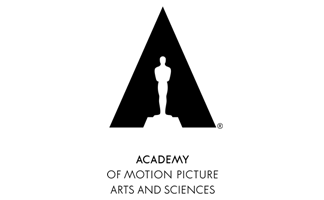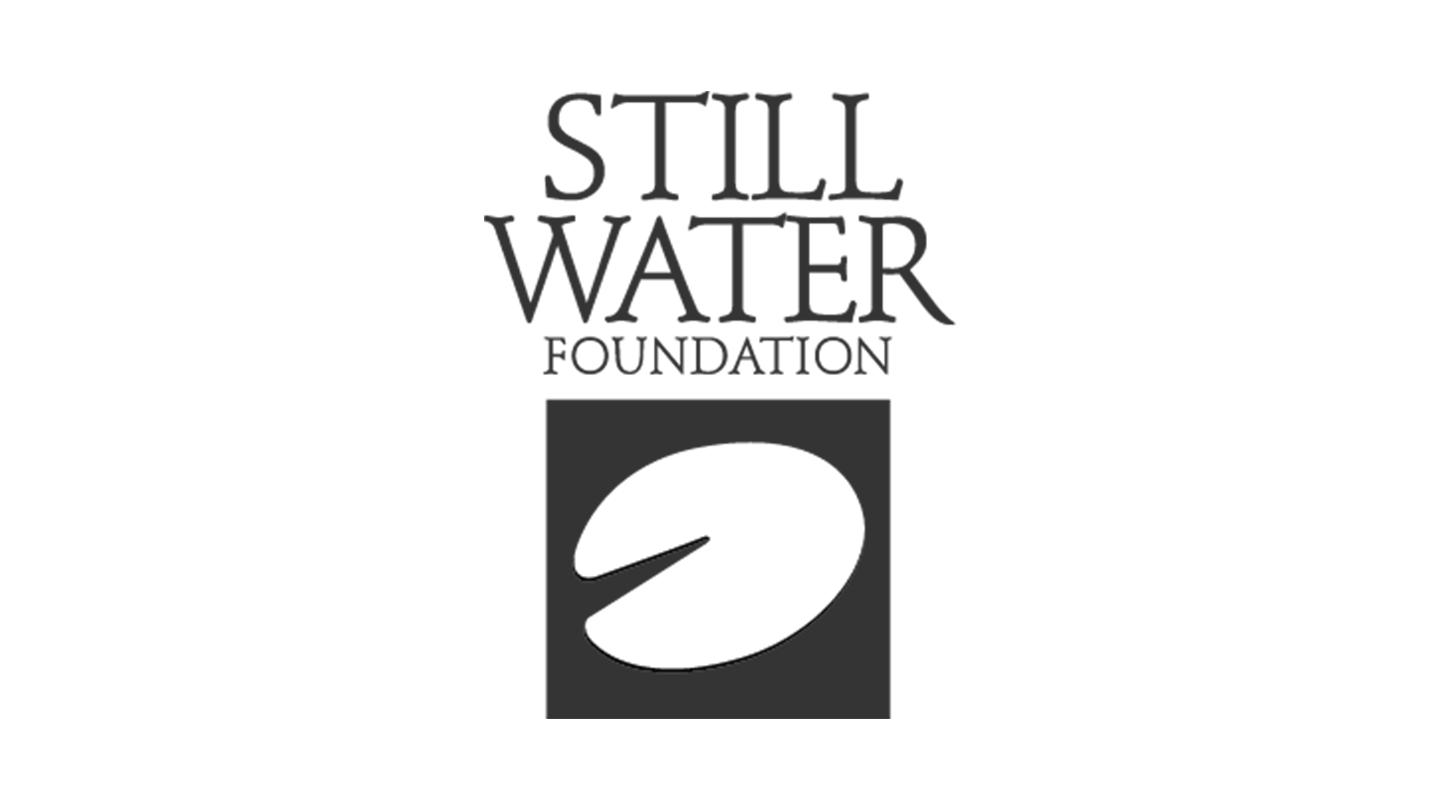Chale Nafus Presents an Avant Cinema Primer: Walter Ruttmann’s Not-So-Silly Symphonies

AFS Director Of Programming Chale Nafus contributes this piece, a corollary to his ongoing Avant Cinema screening series:
German avant-garde director Walter Ruttmann is today best known for BERLIN: SYMPHONY OF A GREAT CITY (1927). This was his entry into the “city symphony” genre, experimental documentaries depicting a day-in-the-life of major cities through hundreds of moving images of streets, buildings, forms of transportation, workers, school children, shoppers, diners, and people at leisure.
Such films as Alberto Cavalcanti’s urban portrait PARIS RIEN QUE LES HEURES (1926), Adalberto Kemeny’s SÃO PAULO (1929), and even Paul Strand and Charles Sheeler’s early American example, MANHATTA (1921) joined BERLIN: SYMPHONY OF A GREAT CITY in establishing the one-day structure and the brisk editing style which made this genre so enjoyable. Even today, while being swept along by one of these films, we feel that we are not only in a very creative travelogue but also a time machine.
Before creating BERLIN: SYMPHONY OF A GREAT CITY, Walter Ruttmann was busy painting, doing graphic design, and making very interesting short experimental films focused primarily on abstract shapes in conflict or collusion or simply existing – the Lichtspiel series [“light play” or another word for movies]. These shorts liberated future animators’ minds to explore painted images in motion – some figurative, some abstract. Walt Disney’s FANTASIA might not look the same if Ruttmann had not made his early contributions to film art.
Lichtspiel Opus I (1921)
Opus 2 (1921)
Opus 3 (1924)
Opus 4 (1925)
These films should have been enough for Hitler’s culture police to deem Ruttmann a “degenerate artist” – relegated to exile or worse – but perhaps because of BERLIN: SYMPHONY OF A CITY, which even Nazis could understand, Ruttmann stayed on in Germany. He worked within the fascist-controlled film industry after 1933 – running a camera for Leni Riefenstahl’s TRIUMPH OF THE WILL (1935) and helping edit her OLYMPIA (1938). When war broke out, his documentary background was put to use in making propaganda films. Ruttmann was shot on one of the German battle fronts in 1941, camera in hand. He soon died of his wounds in a Berlin hospital.










